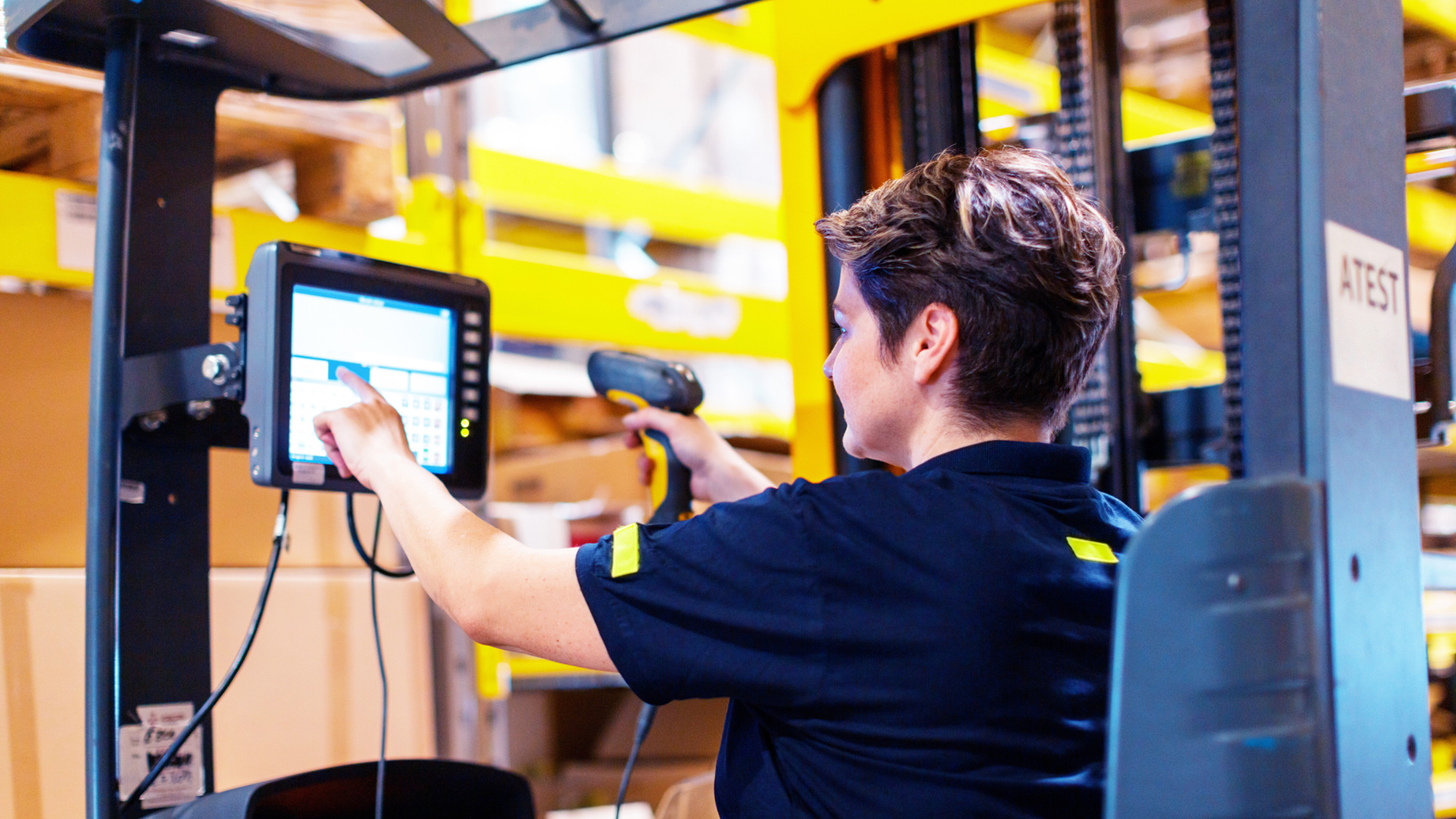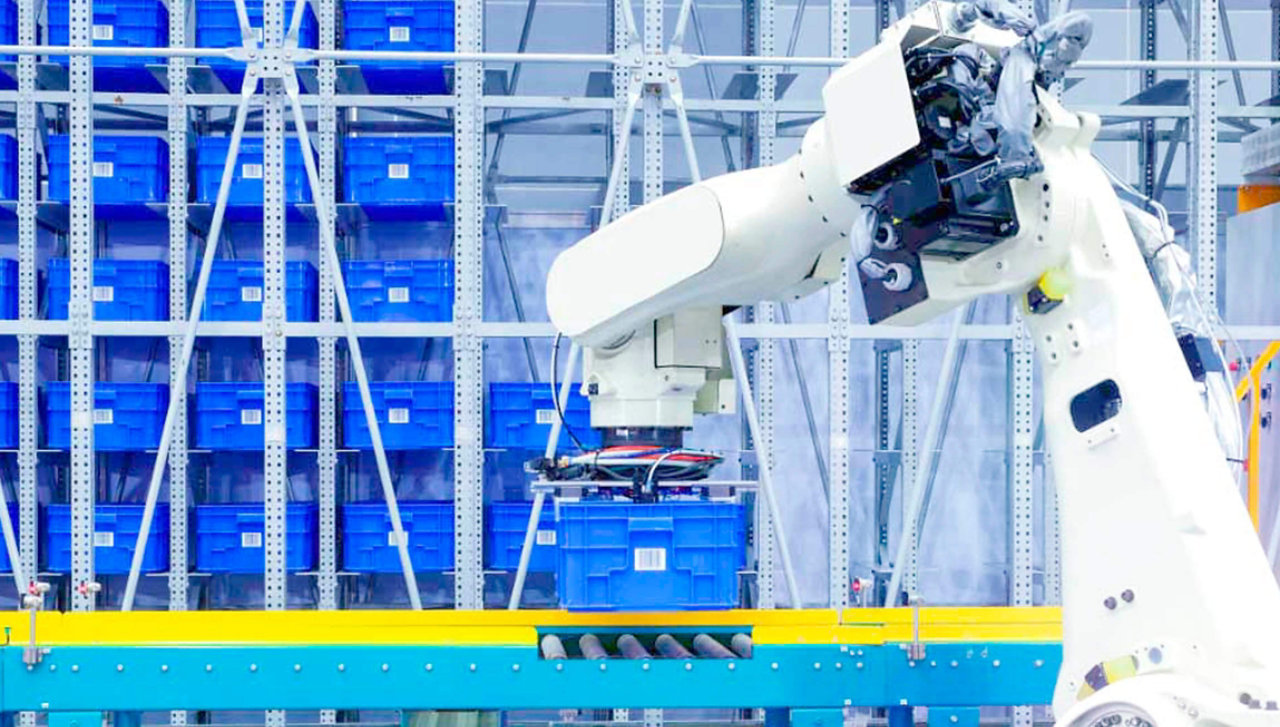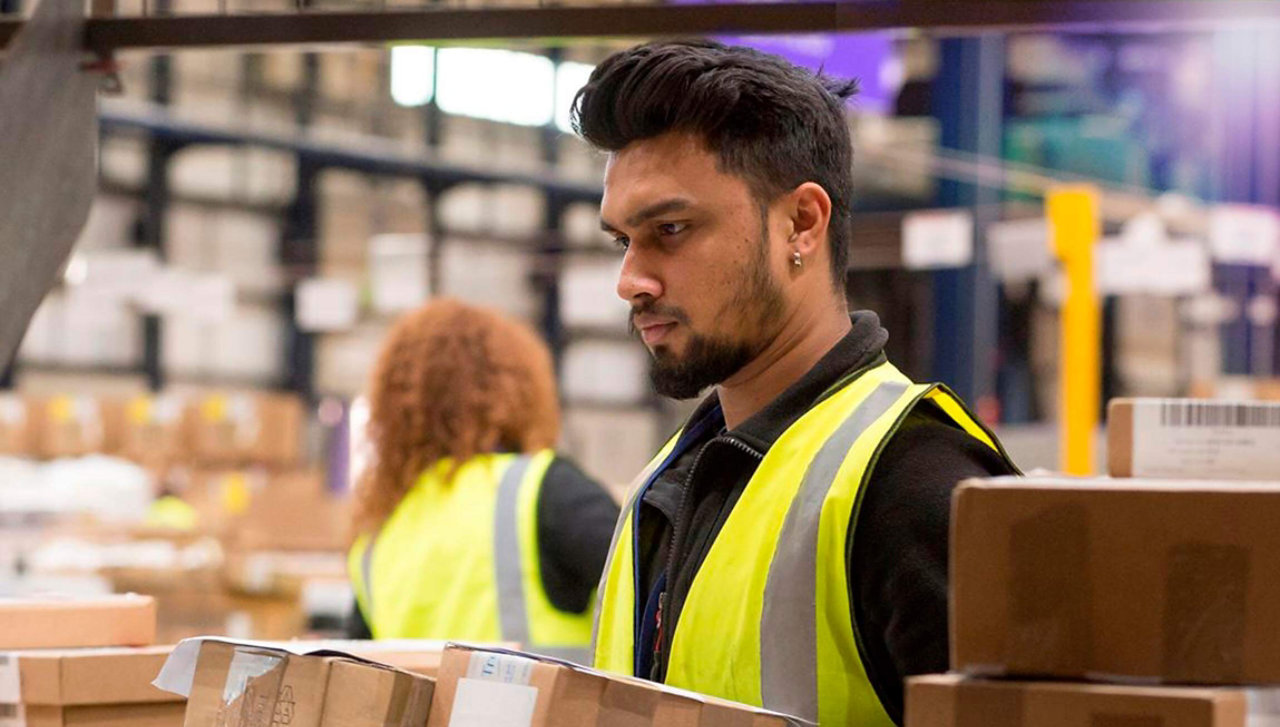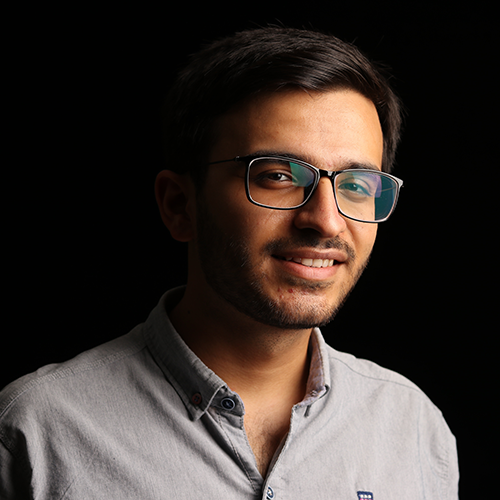Introduction to Dr Peter Ingham
The Birmingham GP explains how he worked with BT during Covid-19, and why he has joined the BT Clinical Advisory Board, BT Enterprise to keep up the pressure for digital transformation to help the NHS cope with the post-pandemic pressures it is under.
I have been a GP for thirty years, but I’ve been involved with the NHS even longer, because I grew up in a GP household. My father was a GP, and after my training I went to help him with his practice in Birmingham.
Over time, we started working with more practices, so we could share our growing workload and offer more services to patients; and that drew me into healthcare commissioning.
I became heavily involved with the local clinical commissioning group, which went on to merge with three other CCGs to become the biggest in the country. Birmingham and Solihull NHS CCG covered 1.3 million people and had a £2.4 million budget. Eventually, I was elected chair. I oversaw this large organisation for three years - and then Covid-19 arrived!
Working differently during Covid-19
The early days of the pandemic were scary and difficult. It was obvious that GPs and their teams were going to need to work from home, but it wasn’t possible to procure enough laptops to enable them to do it. I thought most GPs would own a computer, so I contacted BT to see if we could set up a secure connection to let them run their practice systems from home.
BT put me in touch with one of their security experts, and he said that while my idea would work, it would be better to create a virtual solution in the cloud. So, we worked with BT, with Microsoft and NHS Digital to create something to enable GPs to use their desktop in their surgery, as if they were there. Versions of this are used every day in primary care still…I couldn’t work without it!
I was also involved in the creation of a Covid assessment site alongside the Birmingham Nightingale Unit. In the early days of the pandemic, we looked at the case numbers across in Italy and Spain. We carried out modelling that suggested the peak of Covid infections might overwhelm local acute services and leave people without the care they needed.
To prevent that, we created a drive through triage centre on a car park at the National Exhibition Centre (NEC). We created software to log people in and out. We developed safe methods to assess patients, and established links with hospital colleagues so they could provide support.
It was the largest drive-through healthcare facility in Europe. As Covid progressed it was clear that although the peak of infection numbers matched our initial modelling, many patients with other conditions were not coming forward and the health system had capacity to cope. We diversified the use of the unit, offering GP appointments, childhood vaccinations, Covid testing, and hospital outpatient appointments. Over 18,000 patients were cared for at the unit. This extraordinary time allowed us to test drive-through methodologies for delivering healthcare. Our GP Out of Hours Provider is still providing care via a drive through facility to this day.
Thinking differently for the NHS of the future
The fact that patients with other conditions didn’t come forward during the crisis is one of the reasons that the NHS has such a big backlog today. And to cope with that pent-up demand, it needs to change and to do things differently.
If you are thinking about new models of care, when there is finite resources, you have to start thinking about the role of digital technology, and how you can use it to help patients move through the system safely, and as efficiently and effectively as possible.
That is why I joined the BT Clinical Advisory Board. I met Professor Sultan Mahmud when I was chair of the CCG. We stayed in touch, and when he moved to BT as director of healthcare, we discussed the importance of clinical input. BT is a leading telecom and technology company and is a trusted partner to the NHS, both as a supplier and a provider of networks and technology. Often healthcare relies on old methods of communication, but BT has the tools and expertise to support the NHS and other healthcare organisations digitise their operations. Could we improve the journey for patients by better informing them? I often say that we can all track parcels from China these days, but clinicians can’t track their patients through the system, and patients can’t track what is happening to their care.
For 6-7 million people sitting on NHS waiting lists could BT assist the NHS by offering different ways of communicating with them? BT has extensive abilities in smart messaging and I believe this technology can help create a dialogue with large numbers of patients. In my mind everyone would win here, patients would be better informed, hospitals would be able to prioritize care and understand the true position of their backlog, GPs would gain as less patients would be booking appointments just to discuss their position in the waiting list. BT is a communications company, and I believe that modern communications technology could really help here.
I’m also very interested in AI. I think there is a huge opportunity to create digital front doors to the NHS that use algorithms and decision support tools to direct patients to the right part of the system. Too much of our efforts are currently spent in healthcare systems that are difficult for patients to navigate and duplicate care. Intelligent signposting could assist here. My own area, primary care, could benefit immensely if some patients were intelligently directed to other parts of the healthcare team, leaving GPs to concentrate on what they do best, offering a holistic and nuanced care to patients. And that, in turn, might help to alleviate some of the pressure that we are seeing on other parts of the system. In the futures as AI develops, it could perhaps take on some of the gatekeeping role that is currently performed by primary care.
It’s not 1948, any more…
The NHS is now more than 70-years old. It has evolved over its lifetime, but there is more digital transformation required to create. A better integrated system, with patients passing seamlessly along care pathways, and using e-technology to facilitate those journeys. Central to this transformation would be using communications tools to inform and assist patients.
As part of my role on the clinical advisory board I want to work with BT and those vanguard health and care organisations that are determined to move us closer to that model and to delivering on the aspirations that we all have for more efficient, better quality, and more personalised patient care.
To learn more about our clinical board, visit this page.














